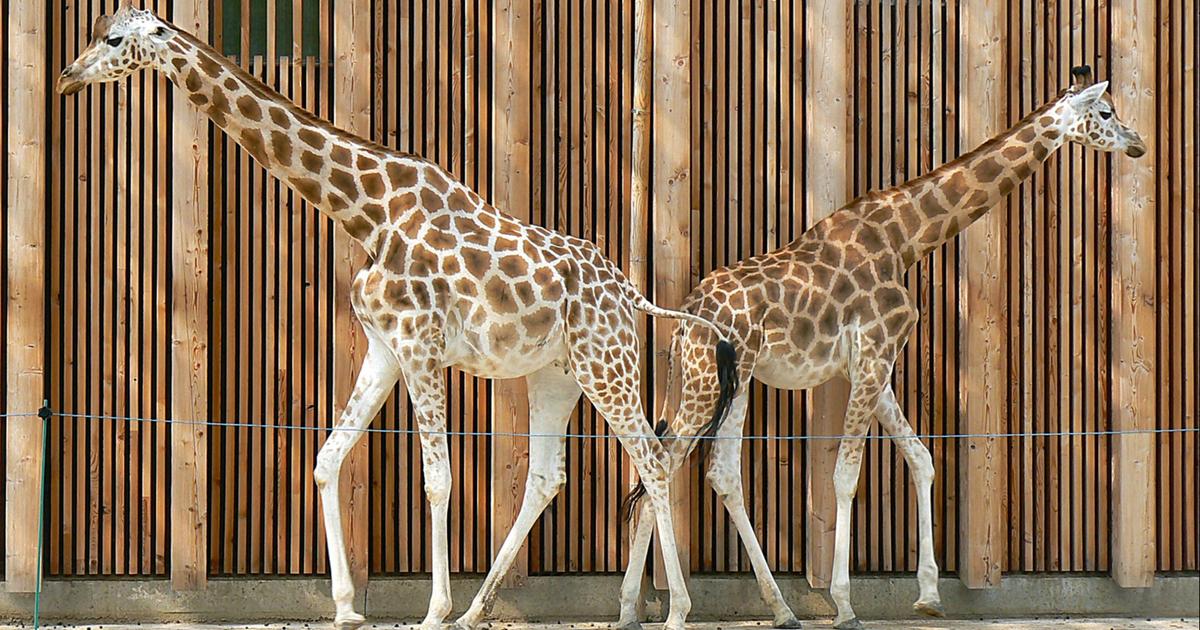Wild bees suffer in cities: research team studied biodiversity
Created: 07/08/2022 12:03 p.m
By: Thomas Copytz
A research team investigates biodiversity in rural and urban environments.
Wild bees are suffering in cities, the researchers found.
Göttingen – Progressive urbanization is a massive threat to biodiversity.
Social bees, such as wild honey bees, are more affected by urbanization than large solitary bees or those that nest in burrows.
This was found by an international research team led by the universities of Göttingen and Hohenheim, as reported by hna.de.
With the University of Agricultural Sciences of Bangalore (India), you studied the effects of urbanization on bee communities on smallholder farms in and around the 13-million city of Bangalore.
Another finding of the study: urban agriculture can promote bee communities.
Göttingen research team examined biodiversity in rural and urban environments
Urban sprawl is increasingly spilling over into smallholder farms in tropical megacities such as India.
© Gabriel Marcacci
In the comprehensive field study of bees on vegetable farms in rural and urban settings, the researchers recorded more than 26,000 individual bees belonging to 40 species.
By combining the data with satellite remote sensing, they were able to determine how the proportion of sealed land and buildings in metropolitan areas affects bee communities.
They also analyzed how the bee species responded to the environments by comparing bees using different nest sites and differing in their sociality and mobility.
"We were able to show that the way the bees reacted to urbanization depended on certain characteristics," says lead author Gabriel Marcacci, a doctoral student in the Functional Agrobiodiversity group at the University of Göttingen.
Large, solitary cave bees - like the carpenter bee - can benefit from urbanization if they can find enough flowers.
© Vikas S.Rao
“For example, bees that nest in burrows have actually benefited from urbanization as they can nest in small cracks and burrows on buildings.
In addition, we found that ground-nesting bees, usually seen as the losers of urbanization, find ample nesting opportunities in tropical megacities because there is still plenty of bare ground, especially in the less developed neighborhoods,” reports Marcacci.
also read
“Aktenzeichen XY”: Wolfgang Knoll (45) wanted to go to the University Hospital in Göttingen – but never got there
Pandemic Protection of the Future: Sustainable Monitoring Strategies and Testing Methods
Research result from Göttingen and Hohenheim: Wild bees suffer in cities
He also says native flowering plants near farmland and crop diversification could help maintain social bee colonies.
"Our results differ in part from what is often found in cities in temperate regions," says Prof. Ingo Grass from the University of Hohenheim.
"This shows that we cannot generalize from field studies in Germany or other countries in the Global North."
Gabriel Marcacci © Private
The aforementioned sharp decline in social bees with urbanization is "particularly worrying" for the agroecologist Prof. Teja Tscharnke from Göttingen, since social bees - wild honey bees and stingless bees - form large colonies in the tropics and "are essential for the pollination of crops". , says Tscharnke.
The study also shows the positive impact on bee communities from agricultural management practices such as crop diversification or the presence of native wild plants in and around the vegetable fields.
(Thomas Copytz)
The "Niedersächsische Weg" is regarded as a nationwide model for species protection.
However, the agreement clearly falls short of its targets.
Wasps are currently causing a real plague in Germany.











/cloudfront-eu-central-1.images.arcpublishing.com/prisa/KMEYMJKESBAZBE4MRBAM4TGHIQ.jpg)


